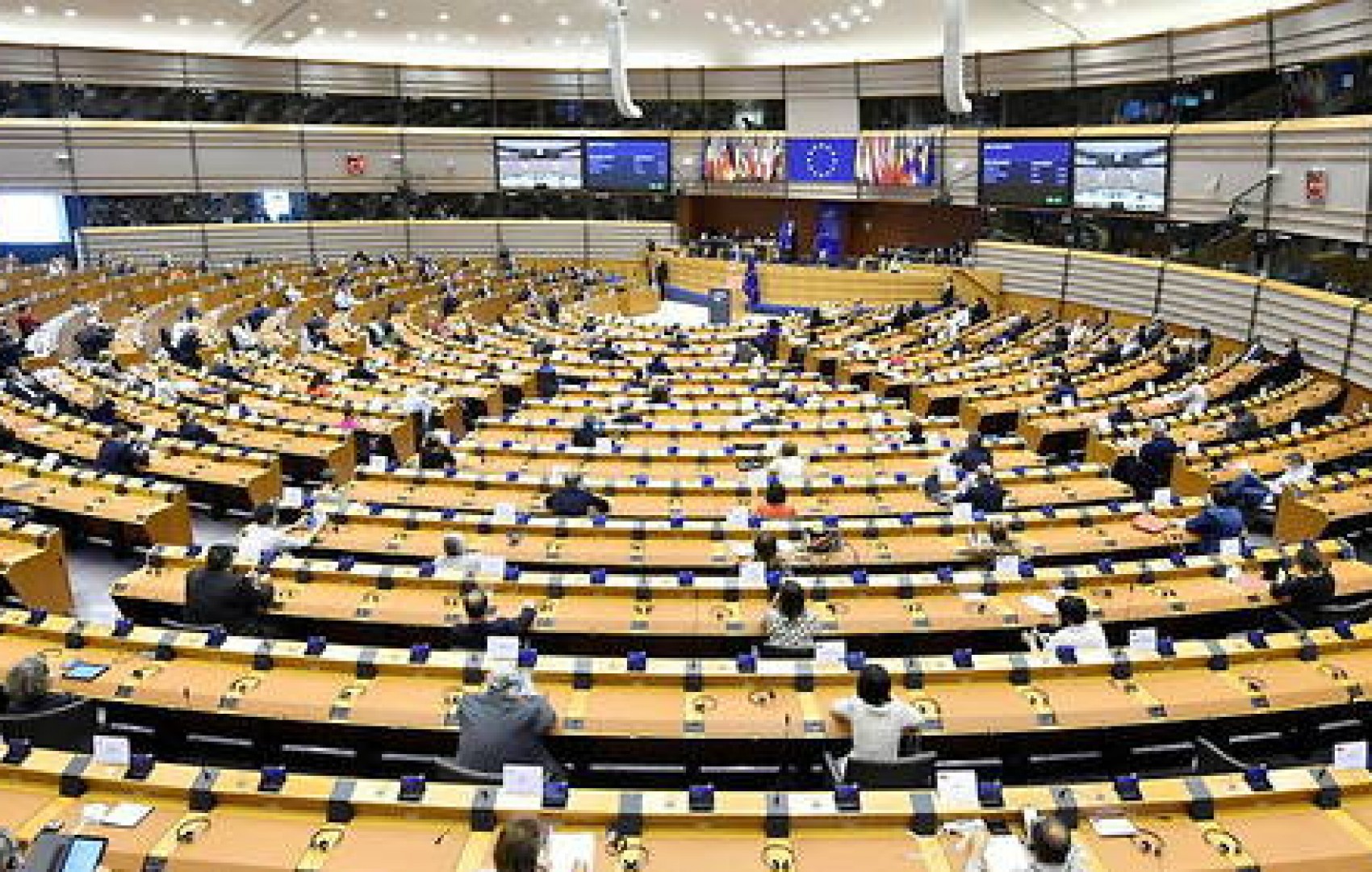By Ido VOCK
A lack of time to scrutinise a potential EU-UK agreement is causing concern in Brussels.
Some legislatures are known disparagingly as “rubber stamp parliaments”, because their members do not live up to the root of the term, parler, from the Old French for “to speak” or “discuss”. Such chambers invariably approve any proposals put before them by the executive in their countries, usually without much meaningful debate. There is China’s National People’s Congress, for instance, which in 2018 voted to remove term limits for Xi Jinping by a vote of 2964 to two, with three abstentions.
The European Parliament does not think of itself as belonging to that category. It is however a weak body, long derided as irrelevant in comparison to the European Commission and the European Council, the more powerful organs of power in Brussels. Yet its members are also the only officials in Brussels to be directly elected, and so are entrusted with a democratic duty to provide oversight of the unelected Commission.
Whether a Brexit deal will be agreed between the EU and UK remains uncertain. But if an agreement is reached, European lawmakers could be called upon to vote on it in extraordinary sessions as late as the 28 or 29 December, just days before the UK leaves EU institutions at the stroke of midnight on 1 January 2021. “It is a pity that we will have such little time to look over a deal,” says one MEP, “but if there is any part of the deal which does not defend European citizens … then we simply will not be able to say yes.”
[See also: How the EU's budget feud with Hungary is sparking demands for radical reform]
This rushed timetable is causing some disquiet among MEPs, who worry that their votes are being taken for granted. If a deal is reached, they can hardly vote it down, as it would represent the culmination of years of painful negotiations. Michel Barnier, the EU’s chief negotiator, has been granted a mandate to reach a deal by the Commission and the EU’s 27 member states, endorsed by the European Parliament. The consequences of a no-deal Brexit would be – on the whole – less severe for the continent than they would be for Britain, but areas such as Ireland and northern France would still be hit hard.
Yet neither do MEPs feel they will be able to adequately fulfil their role as representatives if they are asked to debate the details of a new relationship with a former member state in a matter of hours. Its hundreds of pages of text could be presented to lawmakers solely in English, the native language of a tiny minority (mostly Maltese and Irish). “It’s not easy to work under these conditions, but we’re prepared to do what is necessary,” says Valérie Hayer, a French MEP for Emmanuel Macron's En Marche party.
This will matter in the future. Even if an agreement is reached between the UK and EU, many elements of the final relationship between the two blocs will likely remain unresolved and may need to be negotiated on an ad hoc basis. Questions such as data, migration or security could require further talks.
“The EU and UK are going to be negotiating on a permanent basis even if there is a deal, a bit like Switzerland and the EU,” says Pepijn Bergsen, a researcher at the Chatham House think tank. The EU has signed over 100 bilateral agreements with Switzerland, covering such vital topics as customs duties on sauces and soups containing tomato.
MEPs, irritated at the perception that they will not be given enough time to debate the contents of an agreement, could prove meddlesome when the European Parliament is called to vote on future agreements on the relationship with the UK, whether on tomato sauces or more substantial questions such as trade in services.
With the EU’s notoriously cumbersome ratification process for treaties frequently proving an obstacle to trade deals, MEPs could come to remember these current negotiations in future – and demand more of the scrutiny and time of which they might soon be deprived.
READ THE ARTICLE ON NS's WEBSITE
 Valérie Hayer
Valérie Hayer


